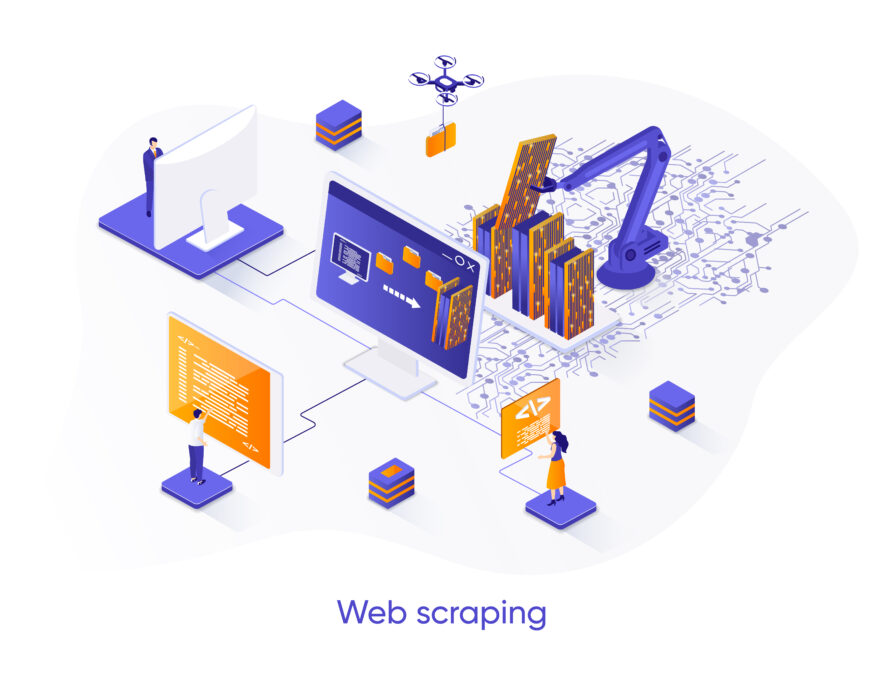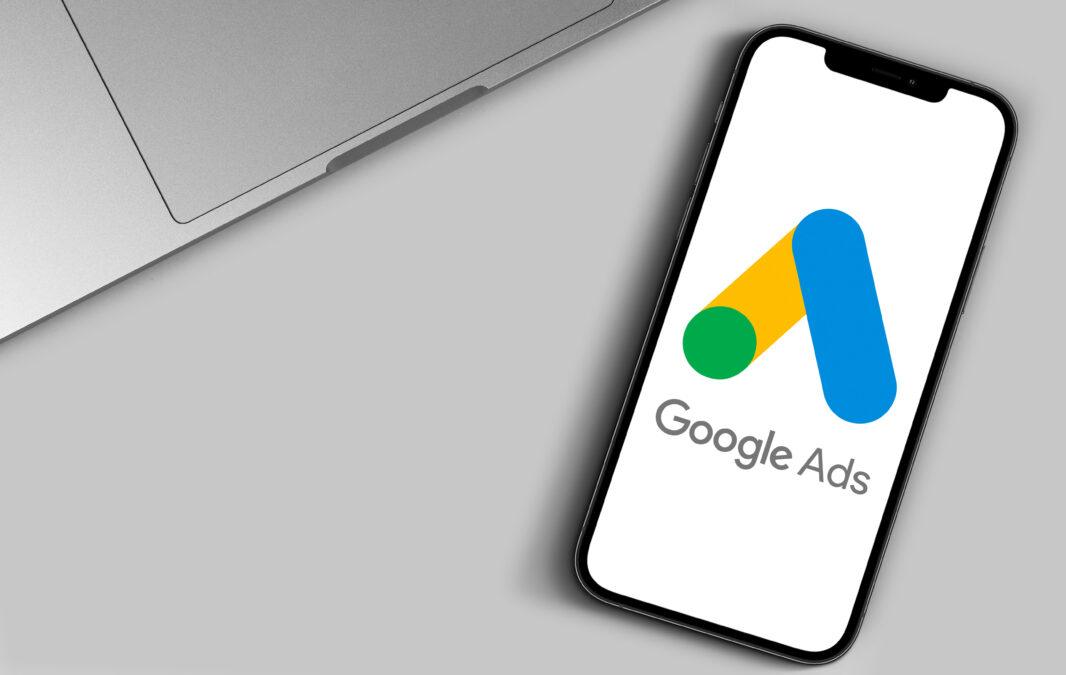In the B2B (business-to-business) world, loyalty is everything. Employees take their time and do their homework before deciding to invest company time and resources into an initiative. If your product or offering continually fails, it’s not long before the top search results are dominated with negative reviews and opinions.
This type of response is often the final action of one thing that keeps executives awake at night – customer churn. This is defined as when a paying customer leaves your business.
After departing, they often select a product or offering from a competitor. One way to prevent this churn is to improve your customer support offering. Yes, that small department in the corner that actually talks to your customers.
>See also: Software sustains B2B customer loyalty
Instead of just viewing this group as a necessary and unavoidable expense, examine their skills and capabilities closely. Why isn’t your B2B customer support driving loyalty? Here are 3 reasons…
1) You simply don’t know enough about your customers – People don’t like to do business with companies that fail to understand their needs. You may think this isn’t an issue, but the truth is unless you’re using a leading customer support software solution then you aren’t knowledgeable enough.
It’s simply impossible to remember every little detail about each customer, and software can track employees, products, past issues, and so much more. In addition, it’s easy for an agent to access this information wherever they are. Software enables you to approach issues with a strong foundation of what has and hasn’t worked in the past.
Also, since sometimes customers will follow up with a salesperson instead of support, it’s easy to integrate support software with a CRM (Customer Relationship Management) solution so the two systems communicate with each other. The salesperson may have the first conversation and eventually tell the customer to contact support.
>See also: How to implement personalisation into B2B support services
When they do reach out to an agent, all information the salesperson entered into a CRM system about their conversation shows up directly in the support software. An agent is then able to get up to speed quickly and help the customer more effectively.
2) Real relationships aren’t being built between agents and customers – You’d be shocked at how many B2B companies still take the “next agent up” approach when it comes to support.
This means the next available agent tries to help the customer that has been waiting the longest regardless of the account, their industry, or their problem. While a method like this may work in the B2C (business-to-consumer) world where issues are simple, it can have a toxic and negative impact on B2B customer relationships.
Instead, let the same agents work with the same customers so they get a better understanding of their business and the personalities of each contact within a company.
By adopting this method of personalisation, agents can approach each customer differently based on their experiences with them. Even if the topic is unpleasant, the conversation between the agent and the customer is more likely to be positive and well-received.
>See also: Bringing meaning to personalisation in the context of B2B selling
Over time, the customer will also become familiar with an agent and know they have a support point of contact they can reach out to on a first name basis. This relationship is so important because instead of letting an issue get worse until it’s unrepairable, your customers will be much more likely to reach out knowing they have a knowledgeable agent that will help them.
3) The methods of support you offer aren’t diverse enough – We live in a world of choices both personally and professionally. Funnelling your customers to only basic support channels such as phone or email may be good for your operations and saving money. However, it’s not what customers want, and failing to meet the needs of a customer is one of the top reasons they leave.
Offering new support solutions including a 24/7 self-service site, live chat, screen sharing, and video support lets you satisfy a wider range of customers and increases satisfaction.
In addition, when you do launch a new support solution, it’s important your customers know that the solution exists. Too often companies take the “if you build it they will come” approach but in the hectic B2B world this doesn’t work well. Highlight your new support offering in a company newsletter or take out targeted online advertisements to get the word out.
>See also:Four reasons to invest in B2B customer service tech
If you’re a software company, do an in-app message to let your customers know. Don’t wait for them to find out on their own about a new support method because when they do it might be too late.
In short, B2B customer support can have a negative impact on loyalty if performed incorrectly. However, there are actually many ways to utilize support to increase loyalty.
Obtain and store more knowledge about customers with B2B support software that communicates seamlessly with other systems. Give agents the freedom to, within reason, pick and choose the tickets they work on so they can build relationships and trust with your customers.
Lastly, diversify the number of support methods you offer to meet the preferred communication methods of each customer and make yourself easier to contact. By doing all of this, you’ll take the concept of support and make it less about closing tickets and more about understanding customer needs.
Changes like this won’t happen overnight, but when implemented correctly you’ll see a substantial increase in loyalty, repeat customers, and referral business opportunities.
Sourced by Robert C. Johnson, CEO of TeamSupport
The UK’s largest conference for tech leadership, TechLeaders Summit, returns on 14 September with 40+ top execs signed up to speak about the challenges and opportunities surrounding the most disruptive innovations facing the enterprise today. Secure your place at this prestigious summit by registering here







